Origin of Image is a multidisciplinary design studio based in Collingwood that is managed by professional and personal partners, Soula and Theo Mantalvanos. Soula has a rare condition called ‘Pudendal Neuralgia’ which on some days can be completely debilitating. Here she shares some insights into her daily routine, and offers some advice for practitioners dealing with similar predicaments.
My experience with pain management has certainly had a profound impact on my practice – in fact it often feels like I’ve been sent in a completely different direction to the one I started out on. To a large extent I’ve lost the vital tool of concentration and the ability to focus for extended blocks of time, which is important for the development of ideas. I’m no longer able sit and ponder an idea or project through all of its stages as my thoughts are often interrupted by pain. This usually means I need to physically change my position or rearrange myself, which as you can imagine is very distracting and definitely breaks the workflow. Even on a good day I have to remind myself to move or risk ending up in pain. My ability to continue to practice is thanks to some treatment that has finally started to alleviate some of the fatigue and discomfort, however I have learnt a great deal about working under difficult conditions along the way.
There have been a few crucial changes that we had to make around the studio. Some renovations to suit my needs was one, and this was largely focused on making our space more comfortable and flexible. As I often need to work in different positions and take rest breaks, the studio has had to accomodate for this. Finding another team member to help out was another, but this was a difficult process. Not only did we need to find someone who shared our way of thinking, but we were wary of expanding too much and too quickly. Being a small studio has made it easier to navigate difficult periods financially as we have less overheads and staff to manage – and this is important for us, particularly with my condition. In terms of running a studio in a situation like ours, it’s crucial to be realistic about what you can take on and to be honest and upfront with your clients. There’s no point in promising on something that you can’t deliver – that can only damage your working relationship in the long run.
There was a period of time when I relied on heavy medication. One of the effects of this was that my brain function slowed down and I wasn’t really able to navigate even the simplest situations that would have usually have been crystal clear to me. There was a positive flip side to this in that I gained an incredible sense of clarity around my process. When I came off the medication I was left with this residual ‘super power’ of sorts – the ability to see meaning, reason, and the point much clearer. This has helped me to more effectively break down a brief, and finding a solution has become a much quicker process. I can really sift through what is relevant and what isn’t in a far more efficient way. While there are very few beneficial side effects of living with chronic pain – this was definitely one of them!
My average day has no set routine. I’ve attempted to reestablish routine but it always gets interrupted by my hip. If I’m lucky I get 10-20 minute periods where I’m pain free but I can shift and resume my task. I stop to rest every hour and try to break tasks into smaller blocks, or focus on different activities throughout the day. All this downtime has had some benefits though. For example, while recovering from a ligament removal I taught myself to use WordPress by watching tutorials. Similarly, when I’m taking an extended break I can lay down with pencil and paper and use the time to sketch out ideas for a new project. I actually find that being able to focus on the task at hand can play a big part in distracting my mind from the pain. Technology can help too – the dictating software Dragon Dictate has been a life saver!
Running a studio while coping with pain is never easy, but having a belief in yourself, a supportive team around you, and understanding clients helps enormously. Ultimately it’s about finding ways to not only cope with limitations, but to use them to your advantage.


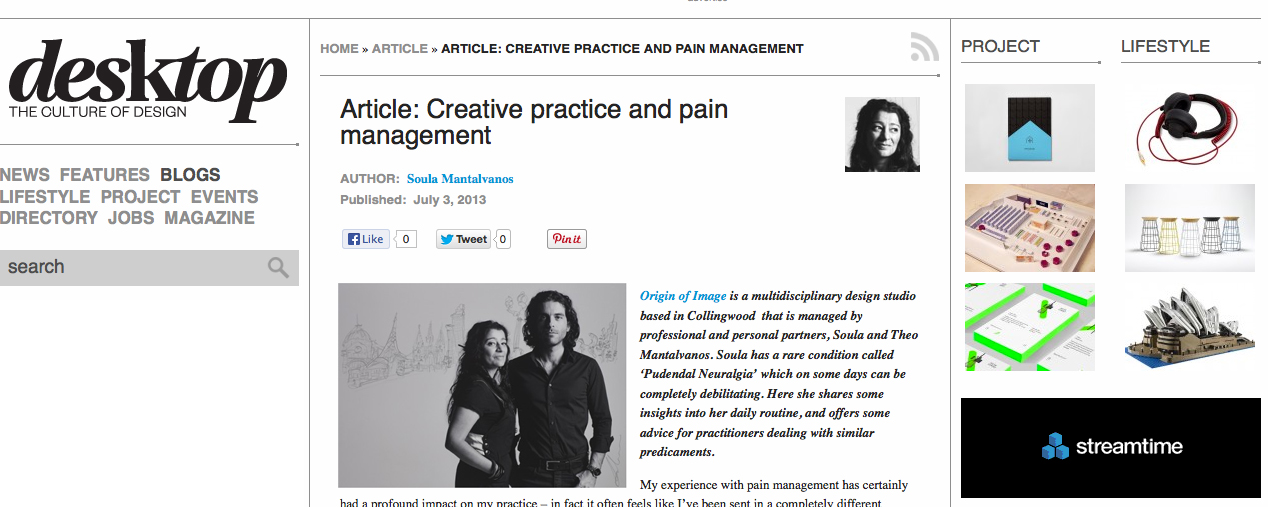
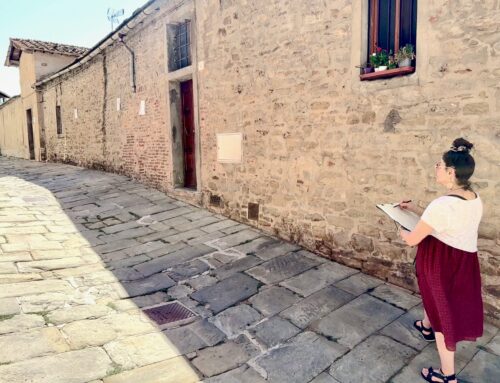
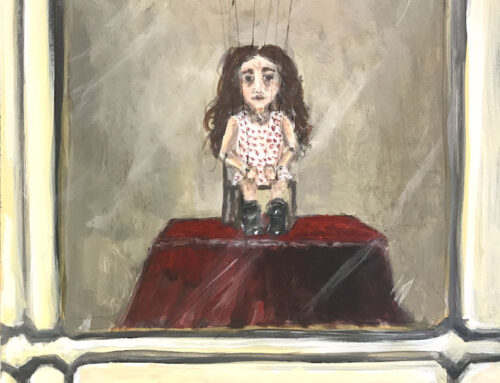
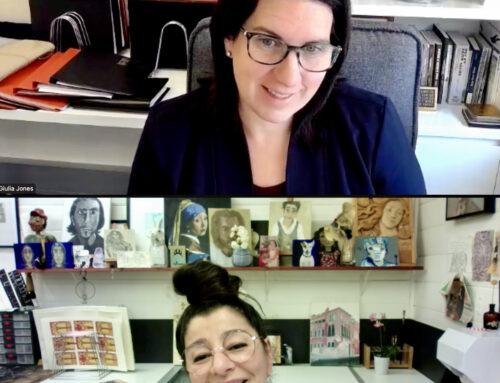

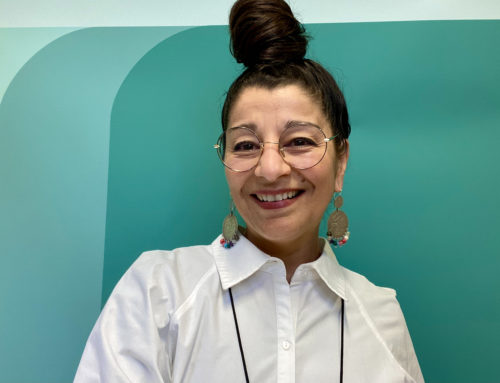
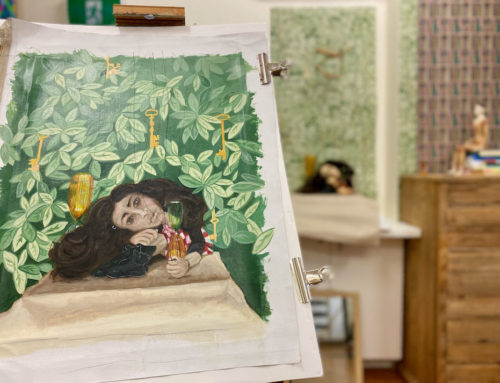
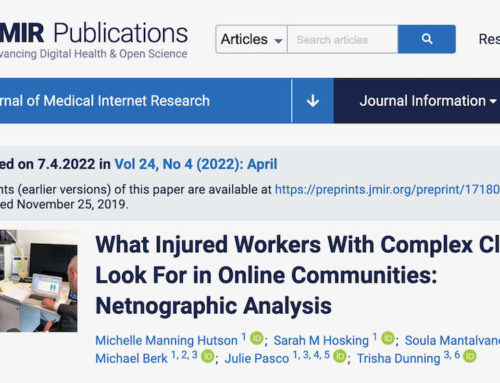
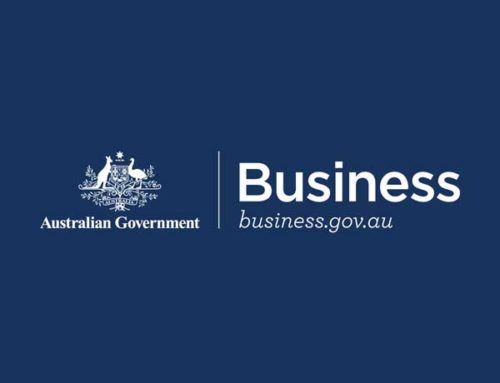
Leave A Comment